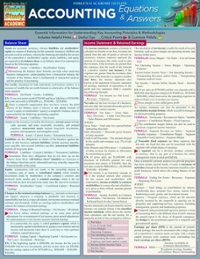Question
Your friend Nick Tall has a good deal of equity in his house and a well-paying job. His research shows that a diversified portfolio of
Your friend Nick Tall has a good deal of equity in his house and a well-paying job. His research shows that a diversified portfolio of stocks has earned an average annual return of around 10% for the last 100 years. He is eager to build up a nest egg, but he only has $7,000 to invest right now, and that won't be enough to achieve his goals of financial independence. Therefore, he has taken out a home equity loan of $50,000 with an interest rate of 2.5% (assume monthly payments of $200/month on a 30-year loan) and invested $57,000 in a highly-diversified portfolio of stocks. Therefore, he sees the 7.5% net return he is getting (10%-2.5%) as basically free money.
Suppose you are talking to Nick about this plan. You don't need to take a position as to whether this is a good or bad idea. What I want you to do is:
a.) Explain the roles that leverage and risk can potentially play in Nick's investment plan. What is the leverage in increasing and decreasing taxes?
b.) What role might taxes play in Nick's plan? How would taking out loans affect his taxes?
Step by Step Solution
There are 3 Steps involved in it
Step: 1

Get Instant Access to Expert-Tailored Solutions
See step-by-step solutions with expert insights and AI powered tools for academic success
Step: 2

Step: 3

Ace Your Homework with AI
Get the answers you need in no time with our AI-driven, step-by-step assistance
Get Started


